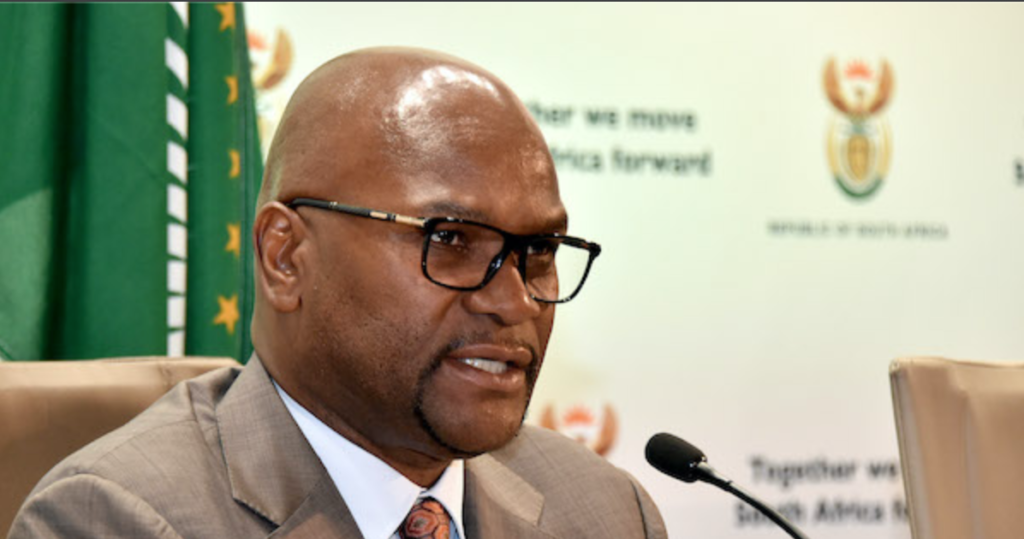The short-term pain of an international ban may be worth it, if it means fixing the deeply dysfunctional leadership in Cricket South Africa, writes RYAN VREDE.
Another day, another CSA incident rooted in incompetent leadership. Following a week marked by in-fighting between the interim board and the members’ council, the weekend brought, well, in-fighting between the interim board and members’ council.
This past Saturday, the members’ council released a statement that, in part, read: ‘The Members’ Council unconditionally and categorically denies all allegations levelled against it in the issued statement specifically. The Members’ Council deems these utterances as not only inflammatory but without substance and merit.’
This came in response to the interim board rebuking the members’ council for refusing to accept ‘the well-entrenched corporate governance principle of a majority independent board’.
That statement added: ‘This of necessity means an independent Chair and a separation between the position of President of the Members’ Council and Board Chair. There can be no compromise or negotiation on these two fundamental principles, specifically given the 9 years of inaction since the Nicholson Report.’
The interim board, appointed by the government in late 2020 following the fallout over the Fundudzi report which exposed gross maladministration (among other findings) within the organisation, went back to daddy – a role in this tragicomedy played by sports minister Nathi Mthethwa.
This past Sunday, the interim board announced that Mthethwa has requested a meeting with the two parties on Tuesday. ‘The Members’ Council’s bewildering
The members’ council will not keep relenting on issues of governance, as they did numerous times previously, most notably on the issue of not recognising the establishment of an interim board in November last year.
Their position is that they have a mandate from their affiliates to govern the game. The interim board believes it has a mandate to reform that governance, which has clearly lacked the requisite competence, evidenced by nearly two years of deep dysfunction.
Neither party is going to give an inch, certainly not on issues that pertain to governance structure. The members’ council sees a new permanent board made up of a majority independent directors, with an independent chairperson overseeing proceedings, as seriously compromising their power.
As such, they will dig their heels in and argue their sovereignty based on being representative of democratically elected affiliates (this board is comprised of 12 affiliate presidents plus the president and vice-president of CSA).
It is nearly impossible to see an end to the current cycle of obstructionism followed by government intervention until Mthethwa takes drastic action to strip the members’ council of its power and install a board of his choosing.
This will trigger an international ban from the International Cricket Council, given that any government intervention is against their code of conduct. There will be myriad consequences for such action, including significant financial losses, which will impact the game at large in the short term.
However, the longer-term gain from having competent, visionary leadership, may well be worth the short-term sacrifice.
I had hoped CSA’s rehabilitation and reformation would be smoother. Instead it has been a mess, one played out in public. There seems to be no more appetite for collaborative work between the members’ council and the interim board. Worse yet, there is now a public undermining of one another, and a deep disrespect, laid bare in near-daily jabs.
The situation is untenable and Mthethwa must act decisively in the interests of the game these people are supposed to serve.







